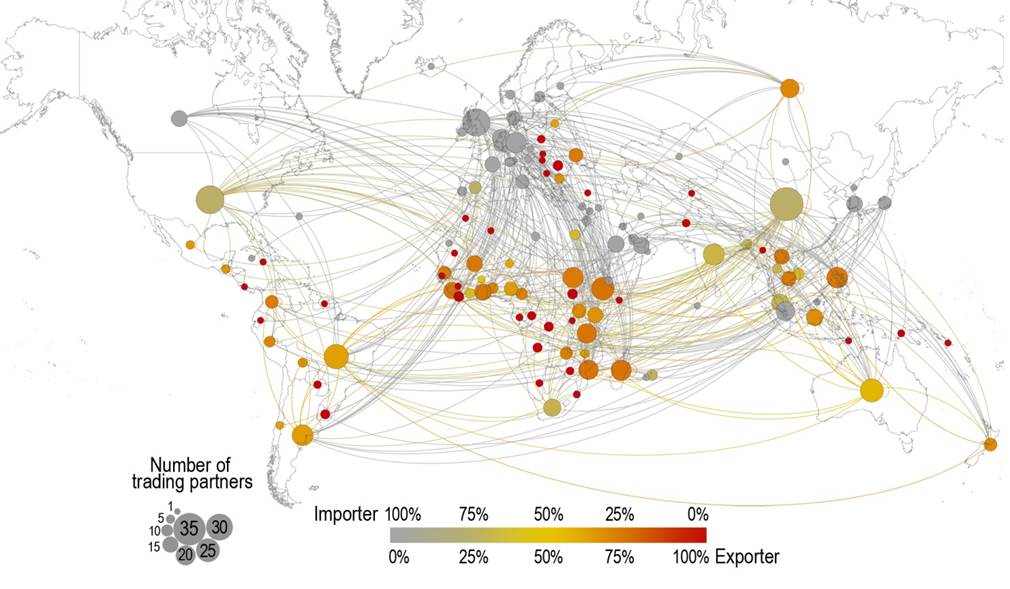 aljazeera |
aljazeera | With Representative Michele Bachmann's victory in the Ames, Iowa straw poll, and Texas Governor Rick Perry's triumphal entrance into the GOP presidential primary, there's been a sudden spike of attention drawn to the extremist religious beliefs both candidates have been associated with - up to and including their belief in Christian dominionism. (In the Texas Observer, the New Yorker, and the Daily Beast, for example.) The responses of denial from both the religious right itself and from the centrist Beltway press have been so incongruous as to be laughable - if only the subject matter weren't so deadly serious. Those responses need to be answered, but more importantly, we need to have the serious discussion they want to prevent.
For example, in an August 18 post, originally entitled, “Beware False Prophets who Fear Evangelicals”, Washington Post religion blogger Lisa Miller cited the three stories I just mentioned, and admitted, “The stories raise real concerns about the world views of two prospective Republican nominees”, then immediately reversed direction: “But their echo-chamber effect reignites old anxieties among liberals about evangelical Christians. Some on the left seem suspicious that a firm belief in Jesus equals a desire to take over the world.” Of course, she cited no examples to bolster this narrative-flipping claim. More importantly, she wrote not one more word about the real concerns she had just admitted.
Dominionism is not a myth
"What In Heaven's Name Is A Dominionist?" Pat Robertson asked on his 700 Club TV show, one of several religious right figures to recently pretend there was nothing to the notion. Funny he should ask. In a 1984 speech in Dallas, Texas, he said:
"What do all of us do? We get ready to take dominion! We get ready to take dominion! It is all going to be ours - I'm talking about all of it. Everything that you would say is a good part of the secular world. Every means of communication, the news, the television, the radio, the cinema, the arts, the government, the finance - it's going to be ours! God's going to give it to His people. We should prepare to reign and rule with Jesus Christ."
Furthermore, C Peter Wagner, the intellectual godfather of the New Apostolic Reformation (NAR), actually wrote a book called Dominion! in 2008. Chapter Three was entitled “Dominion Theology”. When pressed, Peter likes to pretend that his ideas are just garden-variety Christianity, based on Genesis 1:26, in which, before the fall, God gives Adam and Eve dominion over the natural world - a far cry from dominion over other people, who did not even exist at the time, as evangelical critics of this dominionist argument have repeatedly pointed out.
Dominionism is not new
Dominionist ideas have circulated throughout the religious right for decades prior to Robertson's 1984 speech. A primary source was the small but influential sect known as Christian Reconstructionism, founded by R J Rushdoony in the 1960s, which advocates replacing American law with Old Testament codes. Centrists like Miller make the mistake of thinking that the small size of Rushdoony's core of true believers is the full extent of his influence. But this is utterly mistaken. As Michelle Goldberg wrote in Daily Beast, “Rushdoony pioneered the Christian homeschooling movement, as well as the revisionist history, ubiquitous on the religious right, that paints the US as a Christian nation founded on biblical principles. He consistently defended Southern slavery and contrasted it with the greater evils of socialism.”
A second source traces back to the roots of the Latter Rain movement of the late 1940s, long rejected by orthodox evangelicals because they contradicted scripture and denied primary agency to God - which is why they insist that Christians must actively establish church dominance over all of society, because God can't do it alone.

The Latter Rain was denounced by the Assemblies of God - the largest American Pentecostal church - in 1949, not solely for dominionist ideology, but for a variety of related beliefs and practices. When similar teachings and practices re-emerged in the guise of the New Apostolic Reformation 50 years later, the Assemblies of God denounced them again in 2000.
This time, however, many Assemblies of God congregations have increasingly accepted the NAR influence. Sarah Palin's long-time church in Wasilla is one such congregation. The most clear-cut example of NAR dominionism is the so-called “Seven Mountains Mandate”, which holds that dominionist Christians should control the whole world by infiltrating and dominating the “Seven Mountains” of culture: (1) Business; (2) Government; (3) Media; (4) Arts and Entertainment; (5) Education; (6) Family; and (7) Religion.
Fist tap Arnach.













